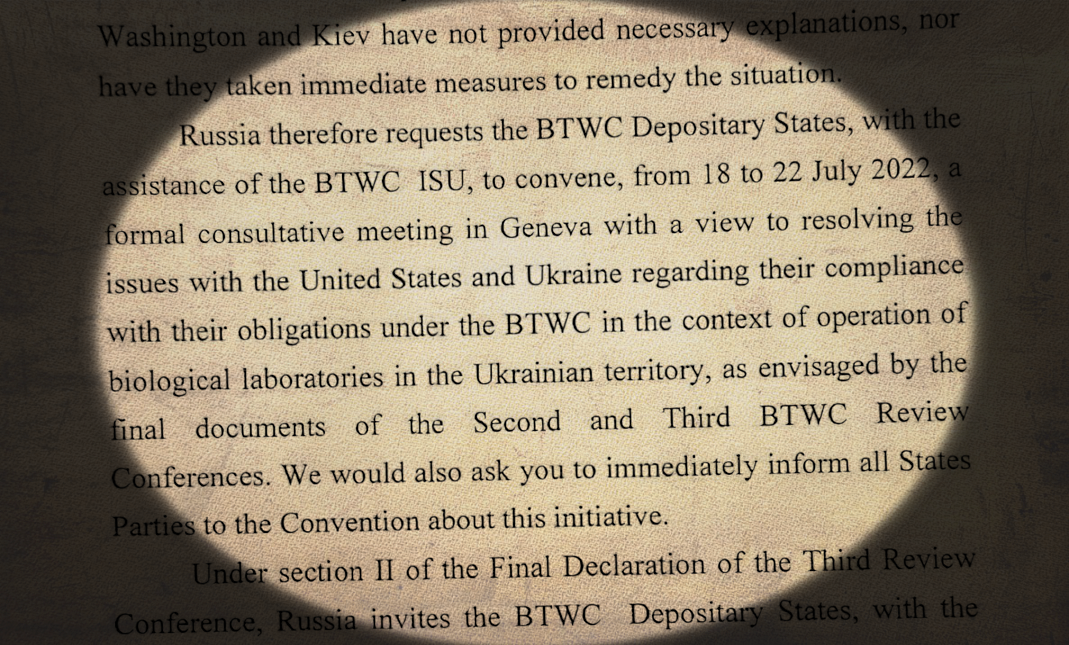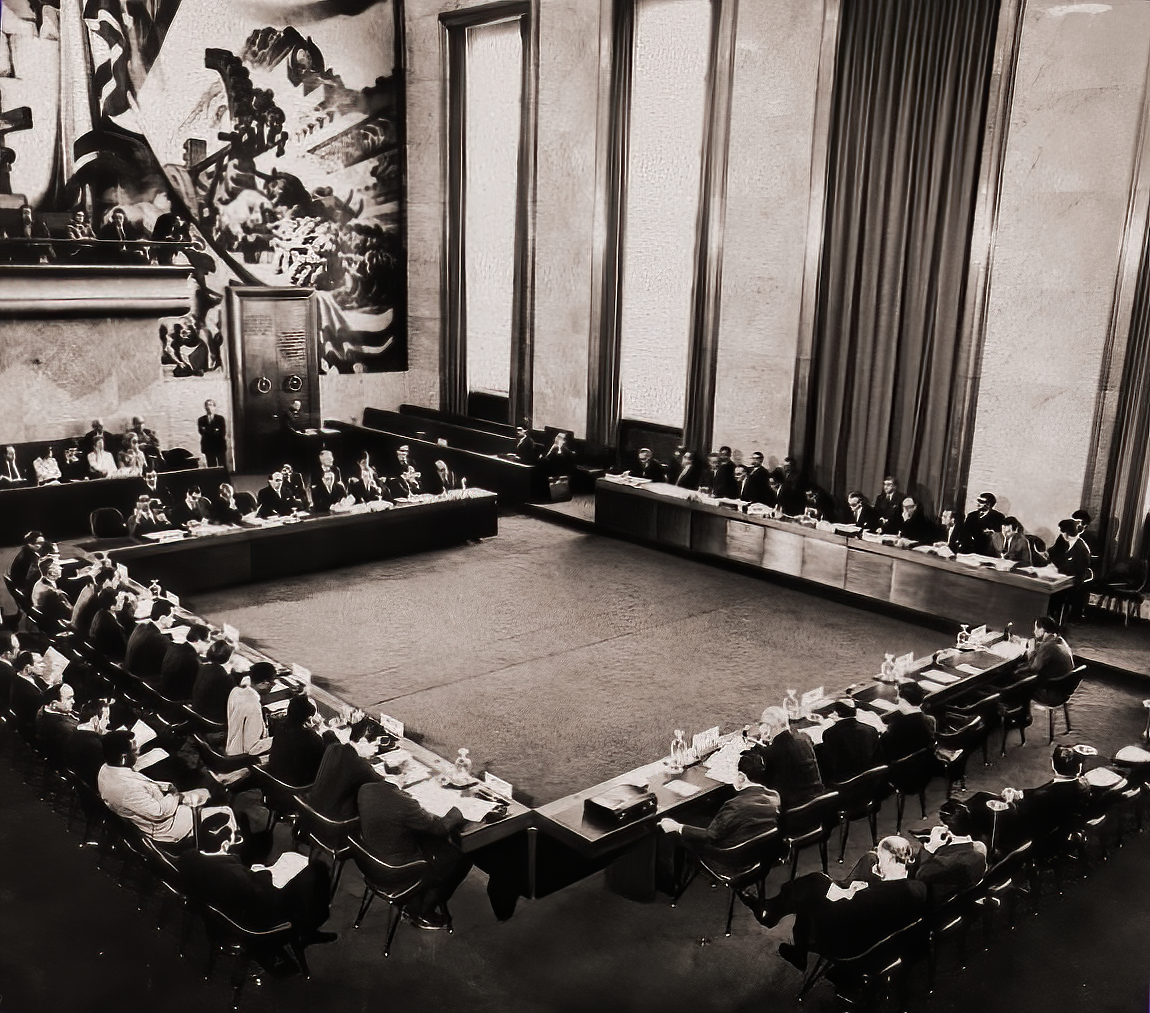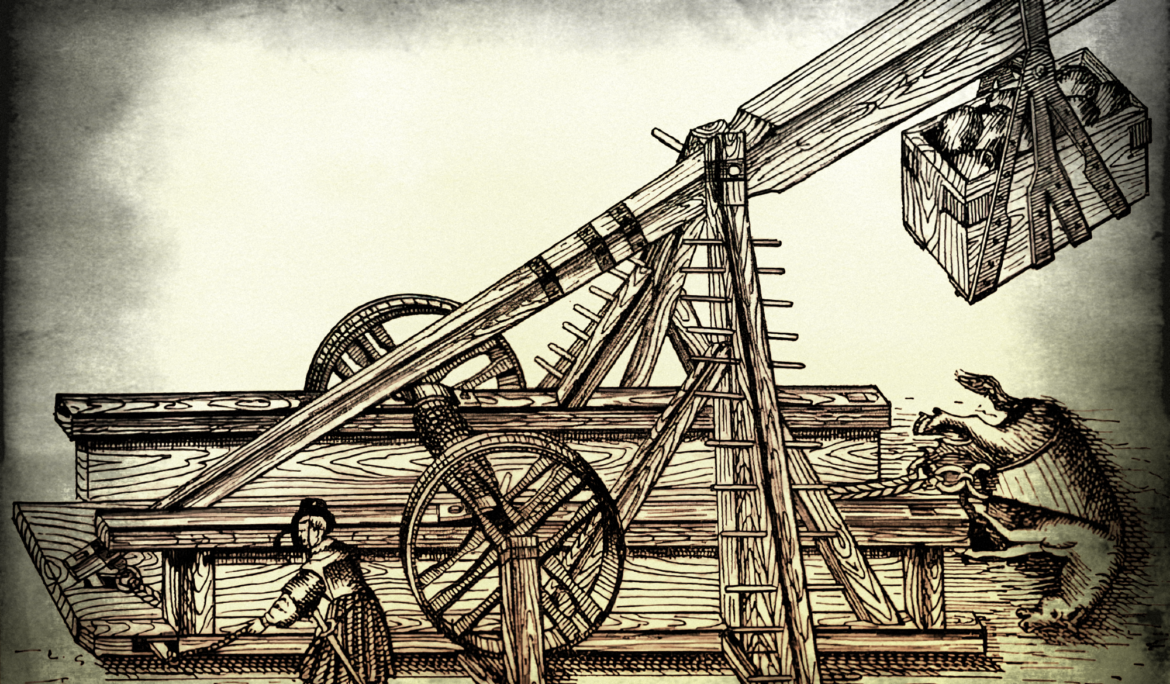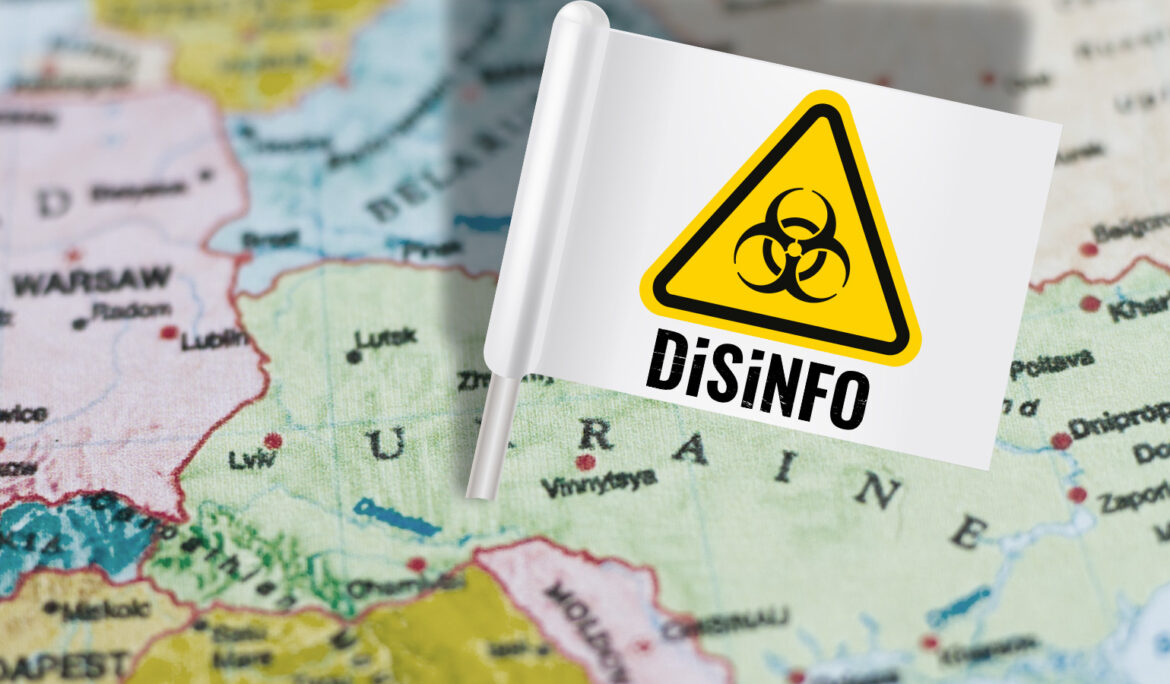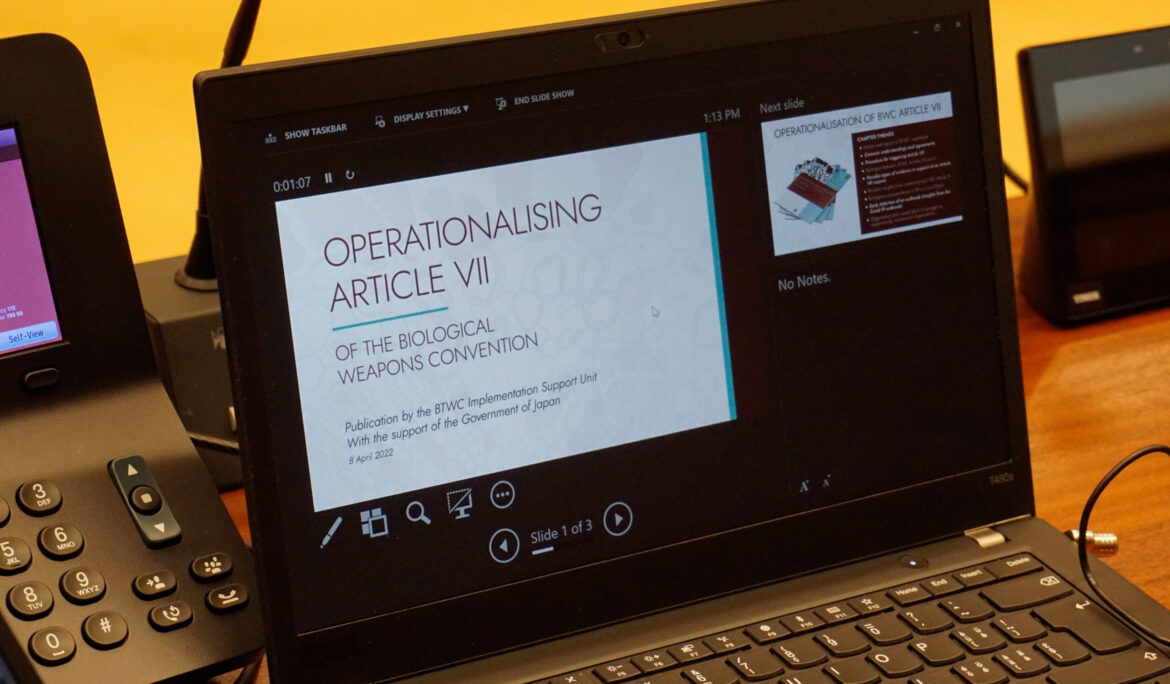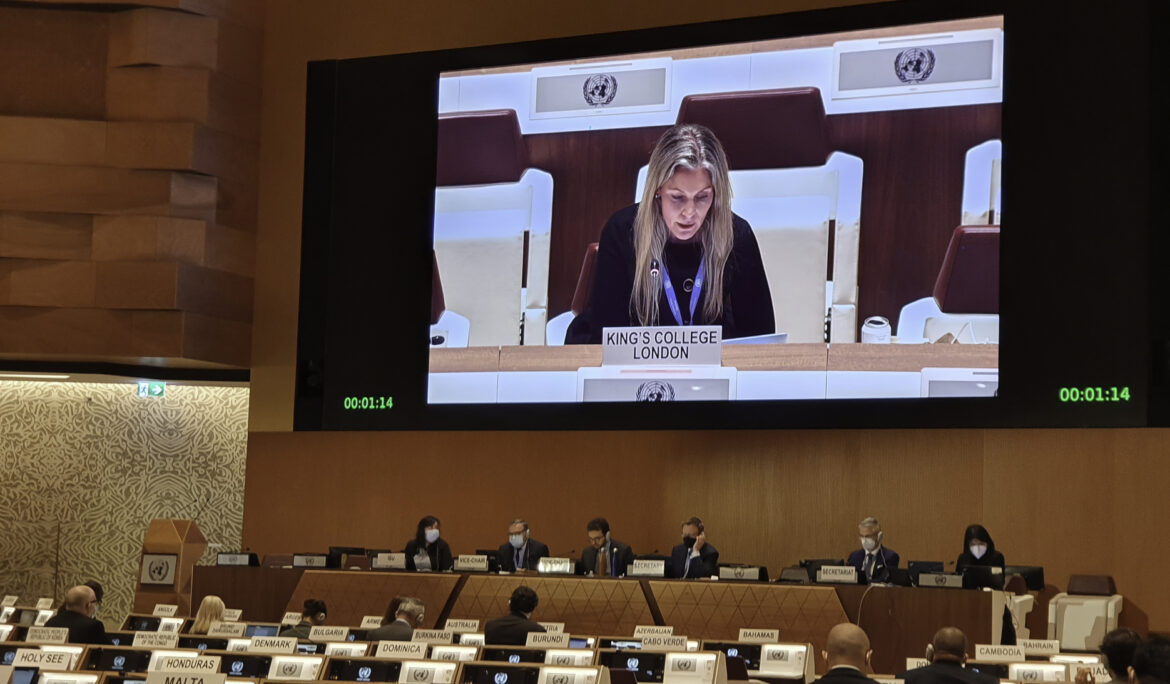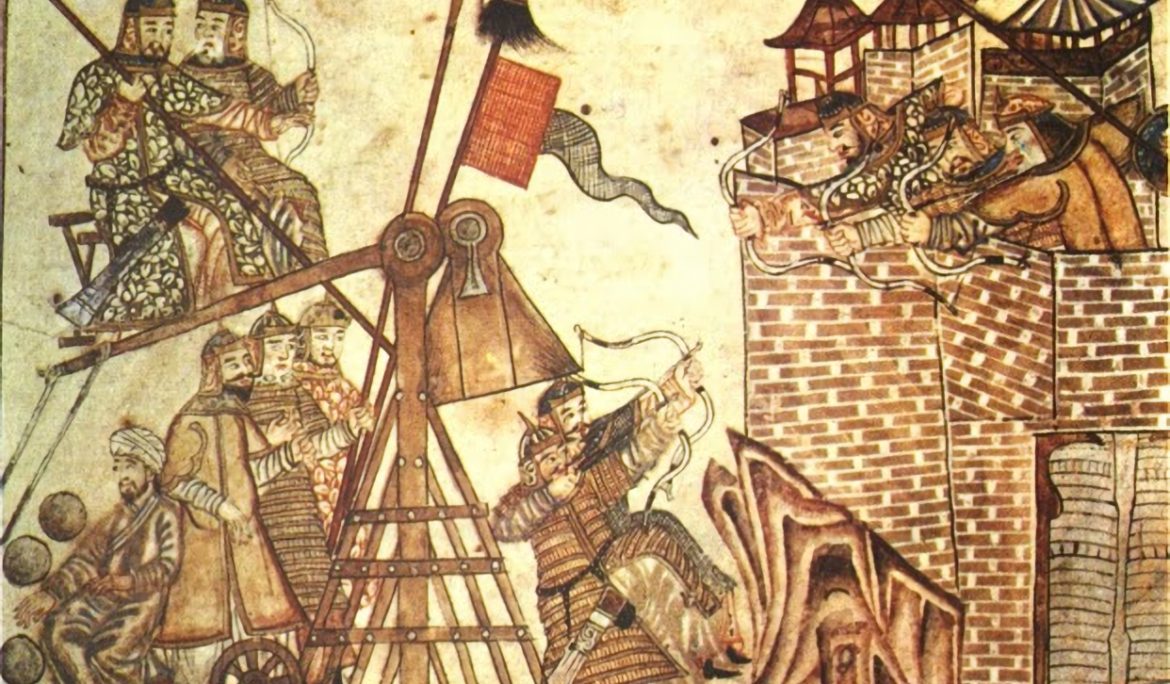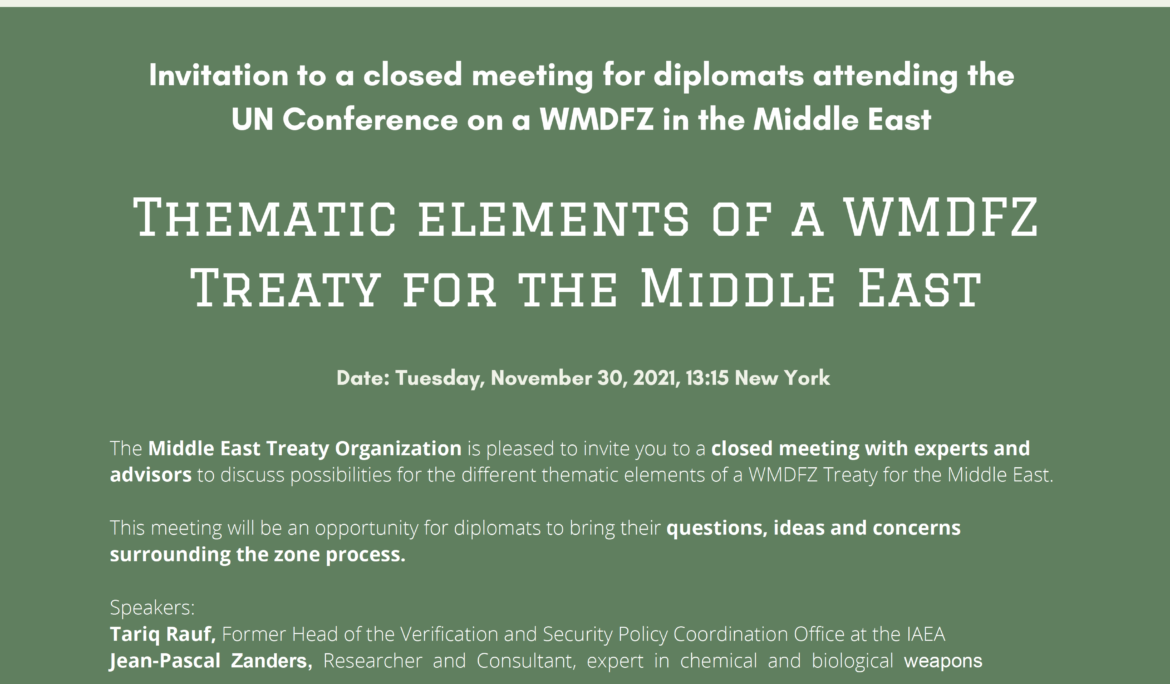Maintaining treaty integrity in the face of biological disinformation warfare
Russia has called for a Formal Consultative Meeting under the Biological and Toxin Weapons Convention (BTWC) to address its (fake) accusations against the US and Ukraine concerning biological research programmes. This meeting will start on Monday, 5 September. Treaties are like Roses, published in CBRNe World, August 2022, pp. 61-64b [From the introduction] Article V of the 1972 Biological and Toxin Weapons Convention (BTWC) foresees in consultation and cooperation among states parties to address any problem concerning the implementation of the disarmament treaty. The First BTWC Review Conference (1980) agreed on the concept of a consultative meeting at the expert …
Reflections of a negotiator on the BTWC Ad Hoc Group
Introduction to Historical Notes, Issue #3 The third issue of the Historical Notes series was prepared by Dr Robert (Bob) J. Mathews. From 1984 until 2017, he served as Scientific Adviser to Australian delegations during the negotiation and implementation of the Chemical Weapons Convention (CWC) and efforts to strengthen the Biological and Toxin Weapons Convention (BTWC). In this third issue of Historical Notes, he reviews the efforts undertaken by the states parties to the BTWC to equip the convention with verification tools and set up an international organisation to oversee its implementation. As soon as the treaty negotiations came to …
Catapulting Cadavers: A Medieval Practice of Biological Warfare?
Introduction to Historical Notes, Issue #2 The Mongol siege of Caffa in 1346 is closely associated with the spread of the plague epidemic to continental Europe and northern Africa. A major Genoese trading post in the Crimea, its citizens escaped via the Black Sea and the Bosporus, eventually bringing the Black Death to Mediterranean ports from where it spread inland or onward to coastal cities in west and north Europe, eventually reaching even Iceland. Bad as the medieval pandemic was, its transfer to the Mediterranean basin some authors have attributed to an act of warfare: the catapulting of plague-ridden corpses …
“Biological weapons are banned; biological research is not”
Amid the barrage of lies accompanying Russia’s war against Ukraine, the Kremlin’s disinformation narrative that Ukraine is carrying out research to develop biological weapons stands out as particularly insidious. Not only does it attempt to justify Russia’s brutal invasion, but also discredit legitimate biological and epidemiological research worldwide, at the risk to global public health. In an interview with EUvsDisinfo, Dr. Jean-Pascal Zanders, founder of The Trench and an independent expert on disarmament questions covering chemical and biological weapons, talks about the crucial differences between legitimate biological research and the development of biological weapons and why Russia is engaging in …
Operationalising BTWC Article VII – A Task for the forthcoming Review Conference
[This new publication by the Implementation Support Unit of the Biological Weapons Convention and UN Office for Disarmament Affairs was presented on 8 April to delegates participating in the Preparatory Committee meeting in Geneva ahead of the Review Conference later in the year. The text below is from the preface.] Article VII is arguably one of the least detailed provisions in the Biological Weapons Convention (BWC). It comprises a single sentence: Each State Party to this Convention undertakes to provide or support assistance, in accordance with the United Nations Charter, to any Party to the Convention which so requests, …
Statement to Biological Weapons Convention Preparatory Committee, endorsed by The Trench
Statement to Biological Weapons Convention Preparatory Committee, Geneva 4 April 2022 Presented by Dr Filippa Lentzos, King’s College London Mr Chair, Distinguished Representatives: We condemn Russia’s unprovoked military invasion and its continuing war against Ukraine. We stand with the government and people of Ukraine, and we urge Russia to stop its brutal attacks. We echo the call by the World Health Organization, UNICEF and UNFPA to immediately cease attacks on hospitals, ambulances and medical staff.[1] It is an unacceptable strategy and tactic.[2] Mr Chair, Russia accuses Ukraine of working on biological weapons supported by the United States and other …
de Mussi and the Siege of Caffa: Origin of a Biological Warfare Allegation
The plague pandemic that hit central and western Asia, the Mediterranean societies and western and northern Europe in the middle of the 14th century features in all present-day historical narratives of chemical and biological warfare. To many writers those events underscore the potential of massive destruction in terms of both human and economic losses to societies. They also tend to ascribe the pandemic’s origin to a specific deed, namely the catapulting of diseased bodies into the Crimean town of Caffa by Mongol besiegers in 1346. Fleeing citizens carried what became known as the ‘Black Death’ to Mediterranean ports from where …
Trying to picture a treaty for a Middle East Zone free of non-conventional weaponry
On 30 November, the Middle East Treaty Organisation (METO) – a coalition of civil society activists and practitioners – organised an informal virtual discussion round with Middle Eastern diplomats participating in the Second Session of the Conference on the Establishment of a Middle East Zone Free of Nuclear Weapons and Other Weapons of Mass Destruction under the auspices of the UN Office of Disarmament Affairs. That session should have taken place last year, but the COVID-19 pandemic forced postponement of in-person UN diplomatic gatherings. Last Tuesday’s informal discussion forms part of METO’s efforts to draft and promote a treaty for …
Constructive ambiguity, or the insertion of science review in the CWC
(Science and technology review under the BTWC, Part 2) Comparing the Biological and Toxin Weapons Convention (BTWC) and the Chemical Weapons Convention (CWC) is a useful exercise for imagining what could have been, especially for the former relative to the latter. Completion of negotiations lies 21 years apart. What became possible by 1992 was simply not an option in 1971. The cold war had ended; the 1987 US-USSR Intermediate-Range Nuclear Forces Treaty paved the way for onsite inspections; and an eight-year war between Iran and Iraq had seen widespread chemical weapon (CW) use on battlefields, against civilians and for genocidal …
‘Within the next 5 to 10 years, it would probably be possible…’
(Science and technology review under the BTWC, Part 1) The next series of Meetings of Experts (MX) of the Biological and Toxin Weapons Convention (BTWC) is due to take place between 30 August and 8 September, a year later than originally scheduled because of the COVID-19 pandemic. Of course, provided there is no fresh resurgence in the number of infections forcing fresh meeting and travel restrictions. If the MXs proceed as planned (albeit with reduced in-person attendance), the Meeting of States Parties (MSP) will likely convene before the end of the year. The pandemic has also pushed back the 9th …

